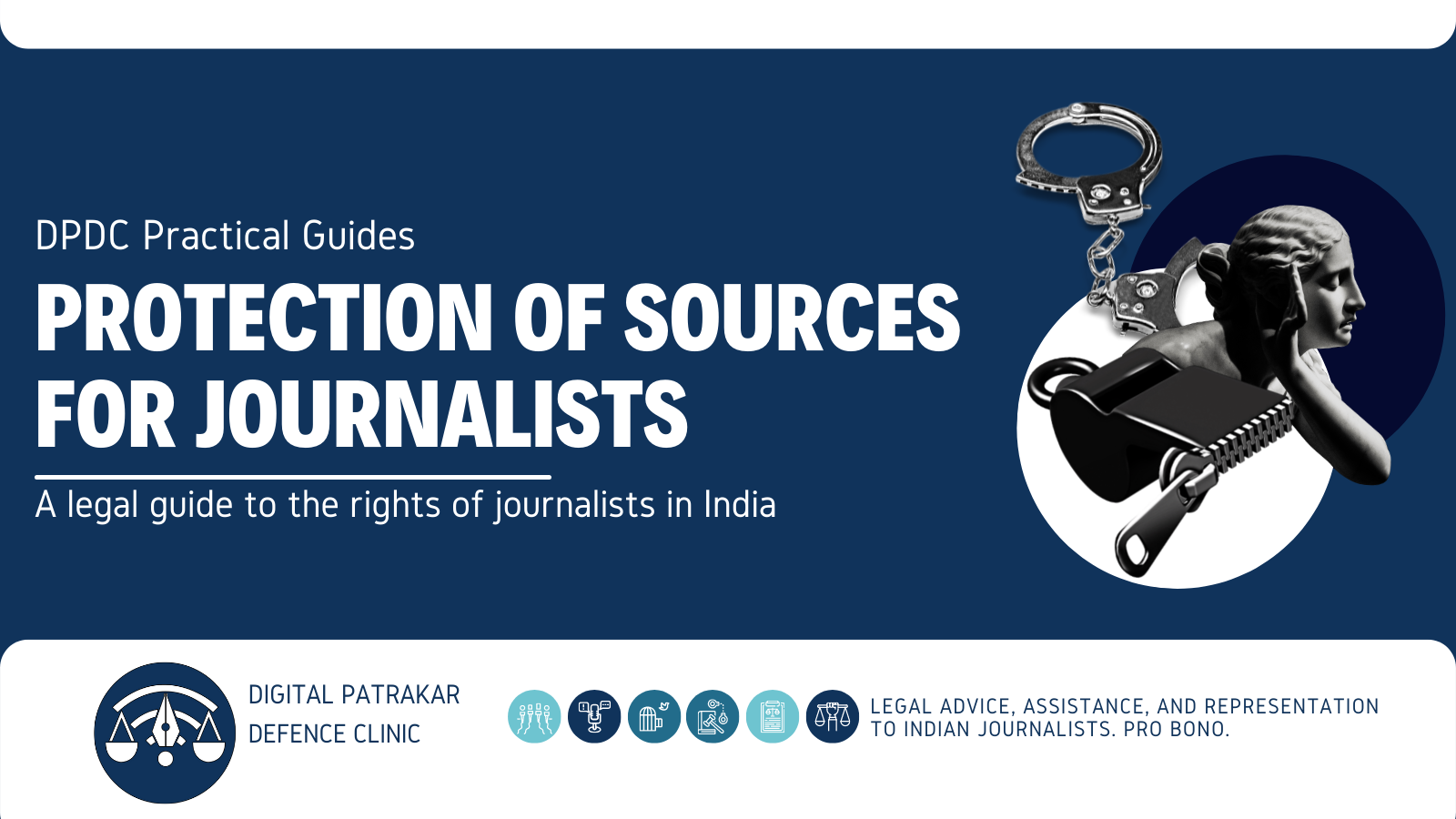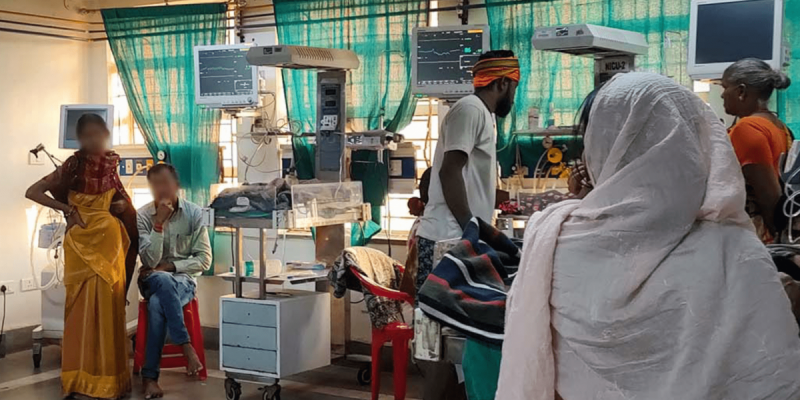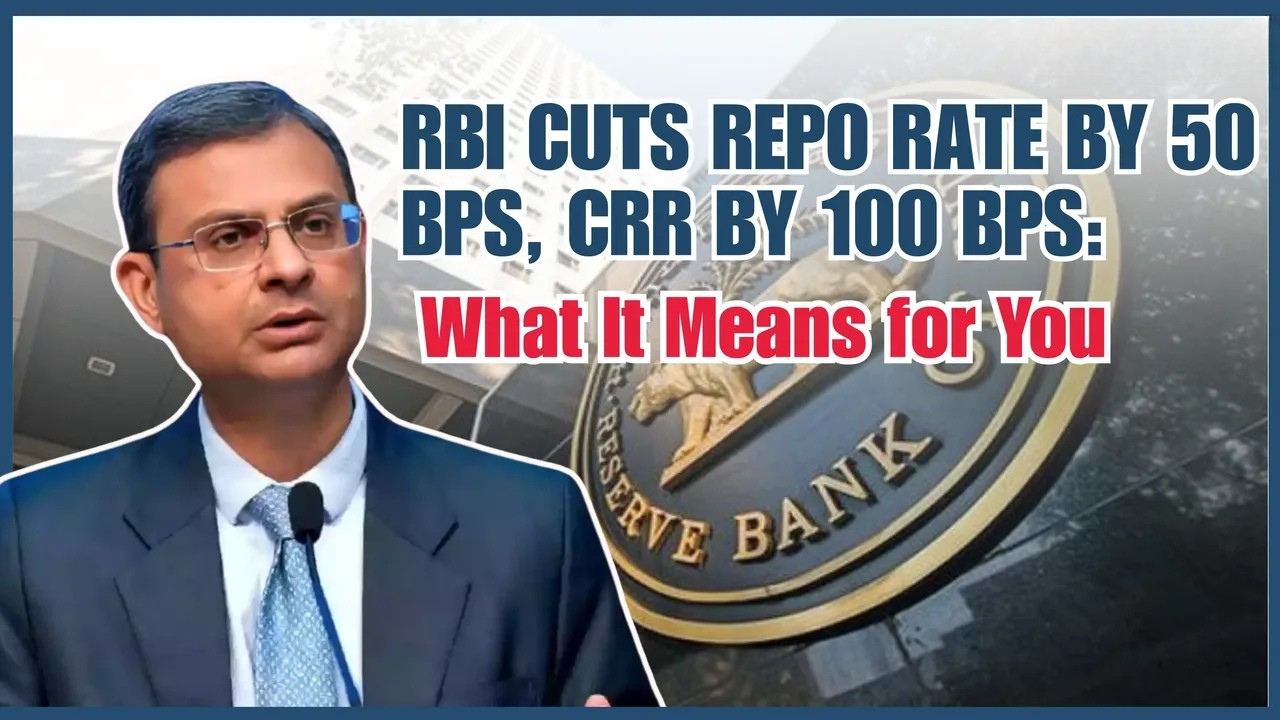- Courses
- GS Full Course 1 Year
- GS Full Course 2 Year
- GS Full Course 3 Year
- GS Full Course Till Selection
- MEP (Mains Enrichment Programme) Data, Facts
- Essay Target – 150+ Marks
- Online Program
- GS Recorded Course
- NCERT- First Ladder
- Polity
- Geography
- Economy
- Ancient, Medieval and Art & Culture AMAC
- Modern India, Post Independence & World History
- Environment
- Governance
- Science & Technology
- International Relations and Internal Security
- Disaster Management
- Ethics
- Current Affairs
- Indian Society and Social Issue
- CSAT
- 5 LAYERED ARJUNA Mentorship
- Public Administration Optional
- ABOUT US
- OUR TOPPERS
- TEST SERIES
- FREE STUDY MATERIAL
- VIDEOS
- CONTACT US
Issue of Disclosure of Journalistic Sources
Issue of Disclosure of Journalistic Sources

Why in News?
Recently, while rejecting a closure report filed by the Central Bureau of Investigation (CBI), a Delhi court stated that there is no statutory exemption in India to journalists from disclosing their sources to investigating agencies.
About the Issue:
1. The CBI has asked to close its investigation on how certain news channels and a newspaper had aired and published reports on a particular incident.
2. The CBI argued that the “documents used by the news channel were forged”.
3. It could not be established who forged the documents since the “users of the forged documents did not disclose their source, therefore there is no sufficient material/evidence to prove the criminal conspiracy”.
So, Is there any Legal Protection regarding Disclosure of Journalistic Sources?
1. In India:
A) In India, there is no specific legislation that protects journalists from being asked to disclose their sources.
B) However, Article 19 of the Constitution guarantees the right to freedom of speech and expression to all citizens.
C) Investigative agencies can issue notices to anyone, including journalists, to provide information. Like any citizen, a journalist can be compelled to give evidence in Court. If he or she does not comply, the journalist can face charges of Contempt of Court.
2. Globally:
A) In United Kingdom: The Contempt of Courts Act 1981 creates a presumption in favour of journalists who want to protect the identity of their sources. However, that right is subject to certain conditions in the “interest of justice”. An attempt to force a journalist to reveal his source for a news story violated his freedom of speech and expression guaranteed under the European Convention on Human Rights.
B) United States: Although the 1st Amendment guarantees free speech in the United States specifically mentions the press but the Supreme Court has held that journalists do not have the right to refuse to disclose sources. However, several states in the US have laws that protect the rights of journalists to some degrees.
C) Sweden: The Freedom of Press Act in Sweden is a broad protection of the rights of journalists and even extends to state and municipal employees who might share information with journalists freely. A journalist who reveals his or her source without consent may be prosecuted at the behest of the source.
What are the Constitutional Provisions Related to Press Freedom in India?
1. Fundamental Right Under Article 19: The Indian Constitution guarantees freedom of speech and expression under Article 19, which deals with ‘Protection of certain rights regarding freedom of speech, etc.
2. Implicit Right: Freedom of the press is not expressly protected by the Indian legal system but it is implicitly protected under article 19(1) (a) of the constitution. However, Freedom of the press is also not absolute.
3. A law can impose only those restrictions on the exercise of this right, if it faces certain restrictions under article 19(2), which is as follows:
-
-
- Sovereignty and integrity of India,
- Security of the State,
- Friendly relations with foreign States,
- Public order, decency or morality or in
- Contempt of court,
- Defamation
- Incitement to an offence.
-
Some Legal Opinions on this Issue are:
1. While the Supreme Court broadly recognizes the freedom of the press, including the right of journalists to ensure the protection of their sources but various courts have ruled differently on this issue.
2. During the investigation of Pegasus spyware, the Supreme Court in 2021 stated that one of the fundamental conditions for the media to exercise its right to freedom of speech and expression under Article 19 is the protection of ‘journalistic sources’.
3. The protection of journalistic sources is one of the basic conditions for the freedom of the press and without such protection, sources may be prevented from assisting the press in informing the public on matters of public interest.
4. Under the Press Council of India (PCI) Act, 1978, the Press Council has the powers of a civil court to deal with complaints when a newspaper has offended the standards of journalistic ethics or when an editor or working journalist has committed any professional misconduct. However, the Council cannot force a newspaper, news agency, journalist, or editor to reveal their sources during the proceedings.
5. In Romesh Thappar v. State of Madras case, 1950 the Supreme Court observed that freedom of the press is at the foundation of all democratic organizations.
Additional Information
About the Press Council of India
1. It was first set up in 1966 under the Indian Press Council Act, 1965, on the recommendations of the 1st Press Commission, with the objective of preserving the freedom of the press by maintaining and improving the standards of newspapers and news agencies in India.
2. As a quasi-judicial autonomous authority, it was re-established in the year 1979 under an Act of Parliament named Press Council Act, 1978.
3. The Press Council of India is the only body to exercise authority even over the instruments of the State in its duty to safeguard the independence of the press.
4. The Council is a body consisting of a Chairman and 28 members.
5. The Chairman is selected by the Speaker of the Lok Sabha, the Chairman of the Rajya Sabha and a member elected amongst themselves by the 28 members of the Council.



